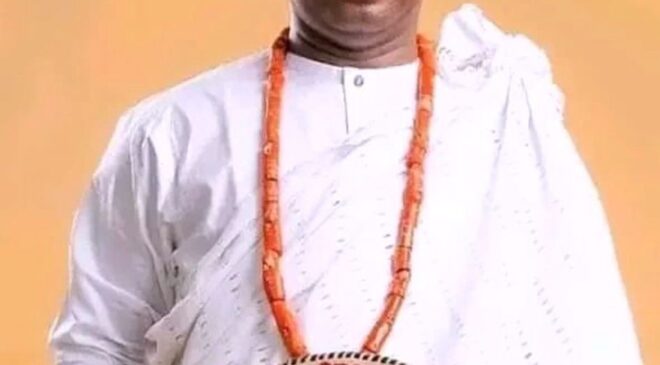
By Chuks Ododo
In every thriving democracy, the right to peaceful protest is sacred a constitutional guarantee and a moral compass that ensures the people can speak truth to power. Section 40 of the 1999 Nigerian Constitution (as amended) protects this right, allowing citizens to express their opinions and grievances through peaceful gatherings and demonstrations. That right must never be politicized or ridiculed.
The planned protest of over 16 years lack of electricity supply by Ukuwani people of Ndokwa West Local Government Area, the powerhouse of oil and gas production in Delta State, neighbours to the Nigeria’s energy grid through the Okpai Gas Plant reveal a troubling disconnect between governance and the governed. Despite being a vital contributor to both the state’s Internally Generated Revenue (IGR) and the national economy, ukwuani people of Ndokwa West Local Government Area remains plunged in darkness, ironically generating electricity for other parts of Nigeria while its own communities are deprived.
This long-standing injustice has spurred justifiable calls for protest not out of rebellion, but desperation. The silence of electricity in Ndokwa West is not just a technical failure; it’s an economic, social, and human tragedy. Families suffer. Businesses collapse. Young people lose hope. Yet, when the people raise their voices, their pain is brushed aside, politicised, and even delegitimised by those elected to serve them.
It is against this backdrop that Sir Monday Onyeme, Deputy Governor of Delta State and a son of Ukwuani soil, recently granted an interview on Arise TV, claiming that those planning to protest are not from Ndokwa extraction and are political enemies hired. Such a statement is not only deeply insensitive, but dangerously dismissive. When leaders brand legitimate grievances as political sabotage, they fail their people and betray the spirit of democracy. The statement from the Deputy Governor is not only unpatriotic to the peace loving Ukwuani people but shameful
To be clear, Ndokwa West cries are not partisan, they are personal agitation driven by total neglect. They are the voices of children studying by candlelight, mothers unable to preserve food, entrepreneurs watching their livelihoods decay, and communities losing investment opportunities due to unstable power supply. Again, It is not just disheartening, it is shameful, that a people so central to national energy production are left in such a state of neglect.
Ironically, during his recent visit to commission a hotel in Kwale, the Deputy Governor himself encouraged investment and development in the region. But what hope does investment have in an environment crippled by lack of electricity? The prosperity he advocates for cannot take root in the dark.
It is therefore not too much to ask that the government, rather than silencing protest, should protect it by ensuring peaceful demonstrations and guaranteeing security for all involved. Let the voices of Ndokwa west be heard without threats, mockery, or political coloration. The responsibility of a leader is to calm tensions, not inflame them. When people protest peacefully, they are not enemies of the state they are its conscience.
We acknowledge and commend the efforts of Organised Ndokwa Efforts (ONE), who are working to ensure the power step-down project becomes a reality. But the process has been painfully slow. The Delta State Government, with its connections to the Federal Government and access to Aso Rock, must act as a true bridge between local suffering and national action. This is not the time for blame or delay, it is the time for partnership and purpose.
Everything that challenges the government must not be branded as opposition or political enemy. A healthy democracy welcomes dissent, listens to the discontented, and responds with compassion and courage. True leadership listens before it lectures. It heals before it defends.
It’s time for those in power to light the way for Ndokwa West —literally and figuratively. Let’s end the darkness, not just in homes, but in hearts.
